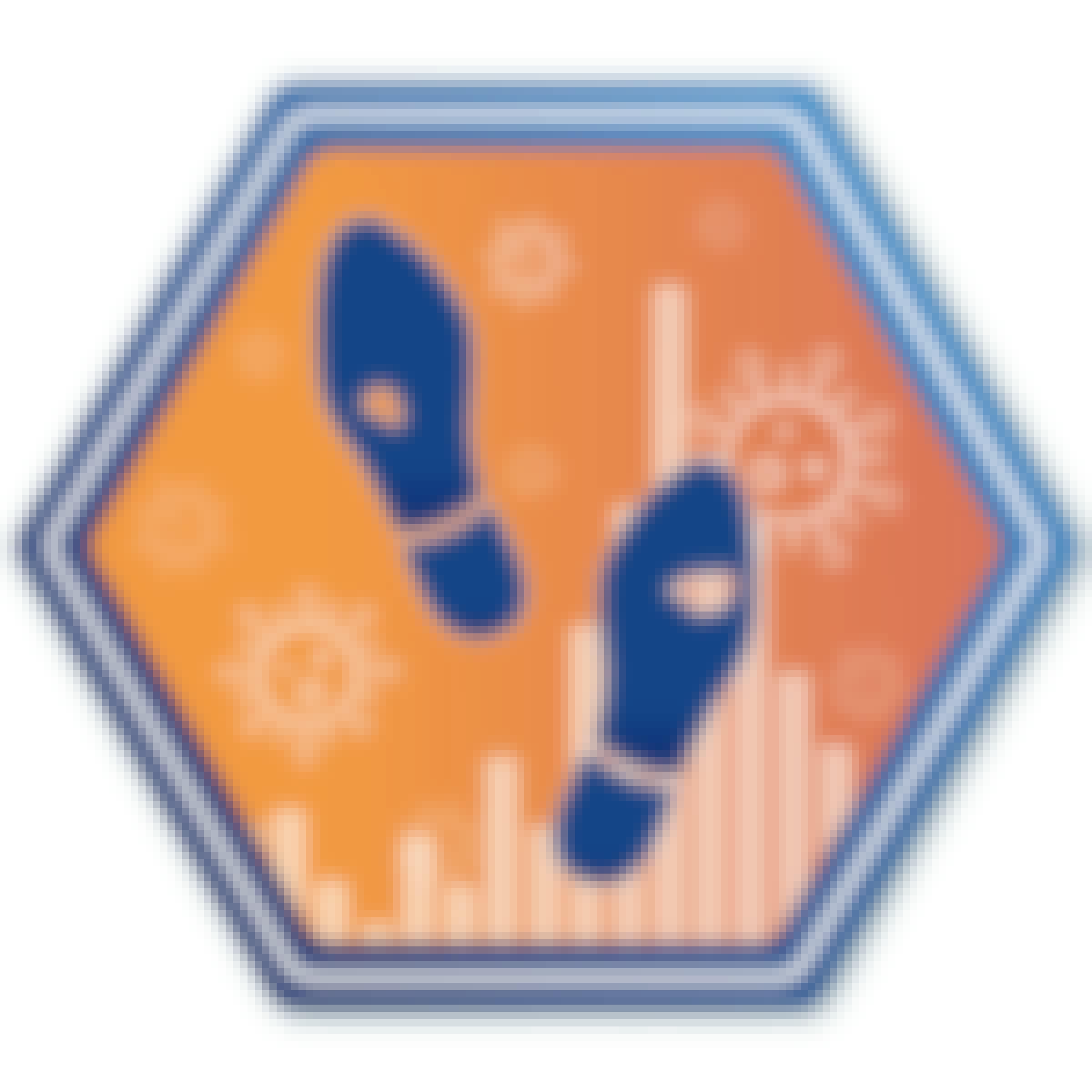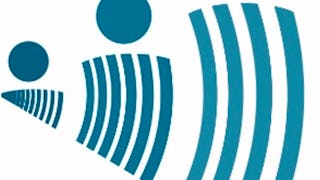Filter by
SubjectRequired
LanguageRequired
The language used throughout the course, in both instruction and assessments.
Learning ProductRequired
LevelRequired
DurationRequired
SkillsRequired
SubtitlesRequired
EducatorRequired
Explore the Chronic Disease Course Catalog

Johns Hopkins University
Skills you'll gain: Epidemiology, Health Disparities, Data Visualization, Public Health, Spatial Analysis, Public Health and Disease Prevention, Geographic Information Systems, Data Analysis, Statistical Analysis, Infectious Diseases, Risk Analysis, Microsoft Excel
 Status: Free
Status: FreeJohns Hopkins University
Skills you'll gain: Infectious Diseases, Parent Communication, Public Health and Disease Prevention, Patient Education And Counseling, Rapport Building, Epidemiology, Pharmacology, Community Health, Persuasive Communication, Working With Children, Child Health, Interpersonal Communications, Biology
 Status: Free
Status: FreePolitecnico di Milano
Skills you'll gain: Socioeconomics, Epidemiology, Health Technology, Public Health and Disease Prevention, Health Policy, Social Sciences, Infectious Diseases, Social Work, Public Health, Mental Health, Health Informatics, Health Care, Surveys, Data-Driven Decision-Making, Community Health, Artificial Intelligence
 Status: New
Status: NewIndian Institute of Science
Skills you'll gain: Medical Equipment and Technology, Vital Signs, Chemistry, ISO 13485 Standard, Laboratory Equipment, Molecular Biology, Chemical and Biomedical Engineering, Biology, Electocardiography, Neurology, Medical Imaging, Electronics, Healthcare Ethics, Artificial Intelligence, Mammography, Oncology, Physics

Johns Hopkins University
Skills you'll gain: Program Evaluation, Health Equity, Quantitative Research, Data Analysis, Statistical Analysis, Analysis, Statistical Reporting, Data Collection, Sampling (Statistics), Public Health and Disease Prevention, Maternal Health, Data Quality, Research Design
 Status: Free
Status: FreeYale University
Skills you'll gain: Media and Communications, Digital Communications, Behavioral Health, Persuasive Communication, Program Evaluation, Public Health, Public Health and Disease Prevention, Facebook, User Centered Design

University of Minnesota
Skills you'll gain: Health Disparities, Health Equity, Maternal Health, Statistical Analysis, Statistical Software, Box Plots, Economics, Policy, and Social Studies, Health Policy, Social Justice, Public Health and Disease Prevention, Child Health, Socioeconomics, Family Medicine, Statistical Hypothesis Testing, Public Health, Diversity Awareness, Policy Analysis

University of Minnesota
Skills you'll gain: Health Equity, Health Disparities, Health Systems, Public Health, Healthcare Ethics, Public Health and Disease Prevention, Health Policy, Data Analysis, Community Health, Data Ethics, Correlation Analysis, Patient Education and Support, Heat Maps, Mental and Behavioral Health, Trauma Care, Mental Health, Socioeconomics
 Status: New
Status: NewJordan University of Science and Technology
Skills you'll gain: Cardiology, Anatomy, Pathology, Neurology, Life Sciences, Biology, Structural Analysis, Laboratory Experience

Johns Hopkins University
Skills you'll gain: Public Health, Epidemiology, Food and Beverage, Nutrition and Diet, Policy Development, Health Policy, Public Policies, Policy Analysis, Program Evaluation, Chronic Diseases

Coursera Project Network
Skills you'll gain: AWS SageMaker, Applied Machine Learning, Amazon Web Services, Classification And Regression Tree (CART), Artificial Intelligence and Machine Learning (AI/ML), Predictive Modeling, Machine Learning Algorithms

Johns Hopkins University
Skills you'll gain: Health Policy, Health Equity, Health Disparities, Policy Analysis, Community Outreach, Public Health, Infectious Diseases, Public Affairs, Community Development, Advocacy, Policy Development, International Relations, Media and Communications, Cultural Responsiveness
Chronic Disease learners also search
In summary, here are 10 of our most popular chronic disease courses
- Investigating Epidemics like COVID-19: An Analyst's Guide: Johns Hopkins University
- Embajador de la Vacuna COVID: Cómo Hablar con los Padres: Johns Hopkins University
- Tools and Practices for Addressing Pandemic Challenges: Politecnico di Milano
- Sensors and Systems for Biomedical Applications: Indian Institute of Science
- Analysis and Interpretation of Large-Scale Programs: Johns Hopkins University
- Les médias numériques pour améliorer les résultats de santé: Yale University
- Social Determinants of Health: Vulnerable Populations: University of Minnesota
- Social Determinants of Health: Health Care Systems: University of Minnesota
- General Histology: Jordan University of Science and Technology
- Global Sodium Reduction Strategies: Johns Hopkins University










